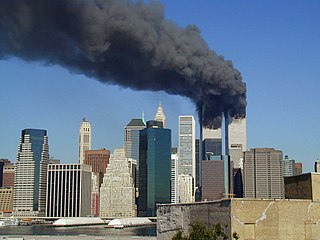| UN Security Council Resolution 263 | |
|---|---|
| Date | January 24 1969 |
| Meeting no. | 1463 |
| Code | S/RES/263 (Document) |
| Subject | Working languages of the Security-Council |
| Result | Adopted |
| Security Council composition | |
Permanent members | |
Non-permanent members | |
United Nations Security Council Resolution 263, adopted on January 24, 1969, after the General Assembly passed Resolution 2479 extolling the virtues of expanded working languages, the Council decided to include Russian and Spanish among the working languages of the Security Council.

The United Nations (UN) is an intergovernmental organization tasked with maintaining international peace and security, developing friendly relations among nations, achieving international co-operation, and being a centre for harmonizing the actions of nations. It was established after World War II, with the aim of preventing future wars, and succeeded the ineffective League of Nations. Its headquarters, which are subject to extraterritoriality, are in Manhattan, New York City, and it has other main offices in Geneva, Nairobi, Vienna and The Hague. The organization is financed by assessed and voluntary contributions from its member states. Its objectives include maintaining international peace and security, protecting human rights, delivering humanitarian aid, promoting sustainable development, and upholding international law. The UN is the largest, most familiar, most internationally represented and most powerful intergovernmental organization in the world. At its founding, the UN had 51 member states; there are now 193.

The United Nations General Assembly is one of the six principal organs of the United Nations (UN), the only one in which all member nations have equal representation, and the main deliberative, policy-making, and representative organ of the UN. Its powers are to oversee the budget of the UN, appoint the non-permanent members to the Security Council, appoint the Secretary-General of the United Nations, receive reports from other parts of the UN, and make recommendations in the form of General Assembly Resolutions. It has also established numerous subsidiary organs.

Russian is an East Slavic language, which is official in the Russian Federation, Belarus, Kazakhstan and Kyrgyzstan, as well as being widely used throughout Eastern Europe, the Baltic states, the Caucasus and Central Asia. It was the de facto language of the Soviet Union until its dissolution on 25 December 1991. Although nearly three decades have passed since the breakup of the Soviet Union, Russian is used in official capacity or in public life in all the post-Soviet nation-states, as well as in Israel and Mongolia.
Contents
The resolution was adopted without vote.









